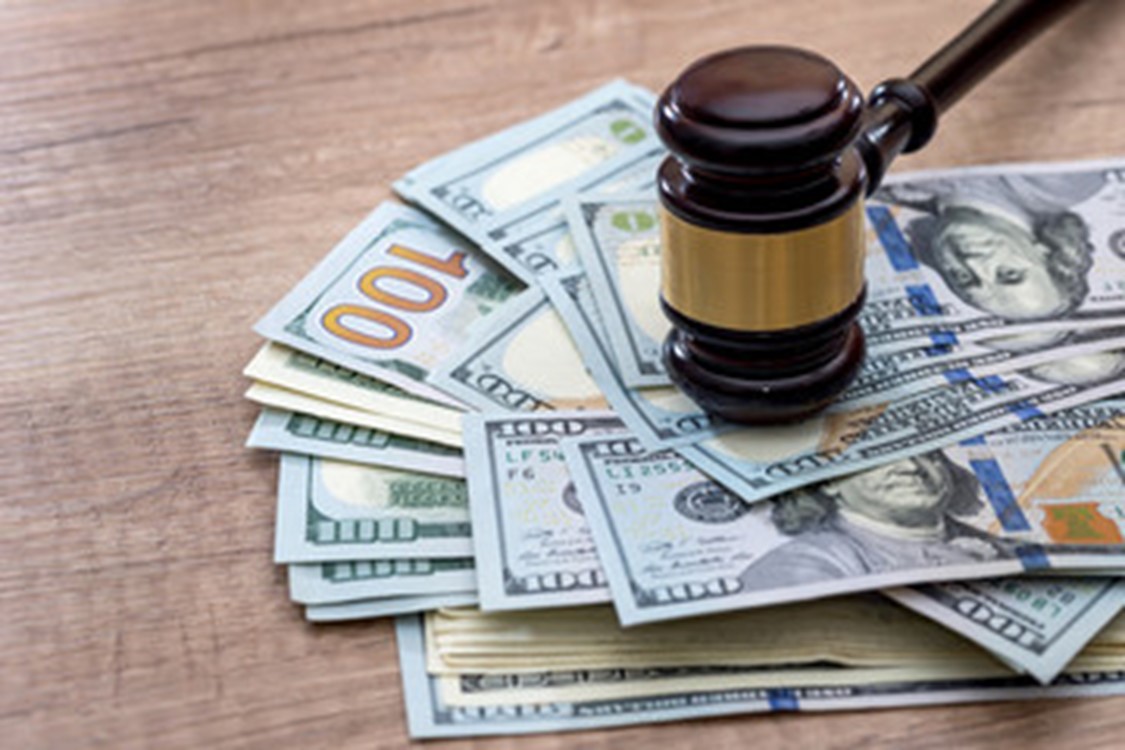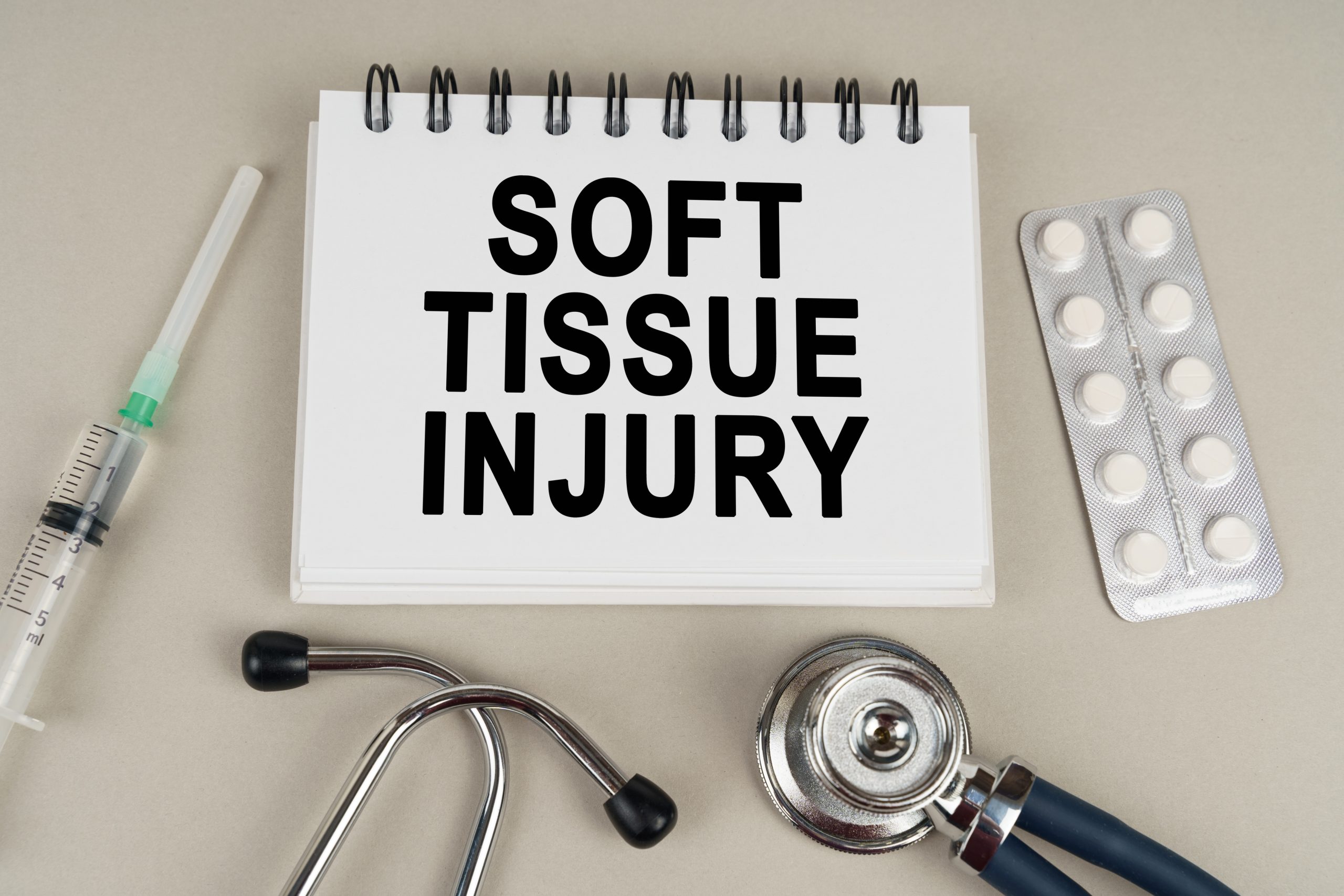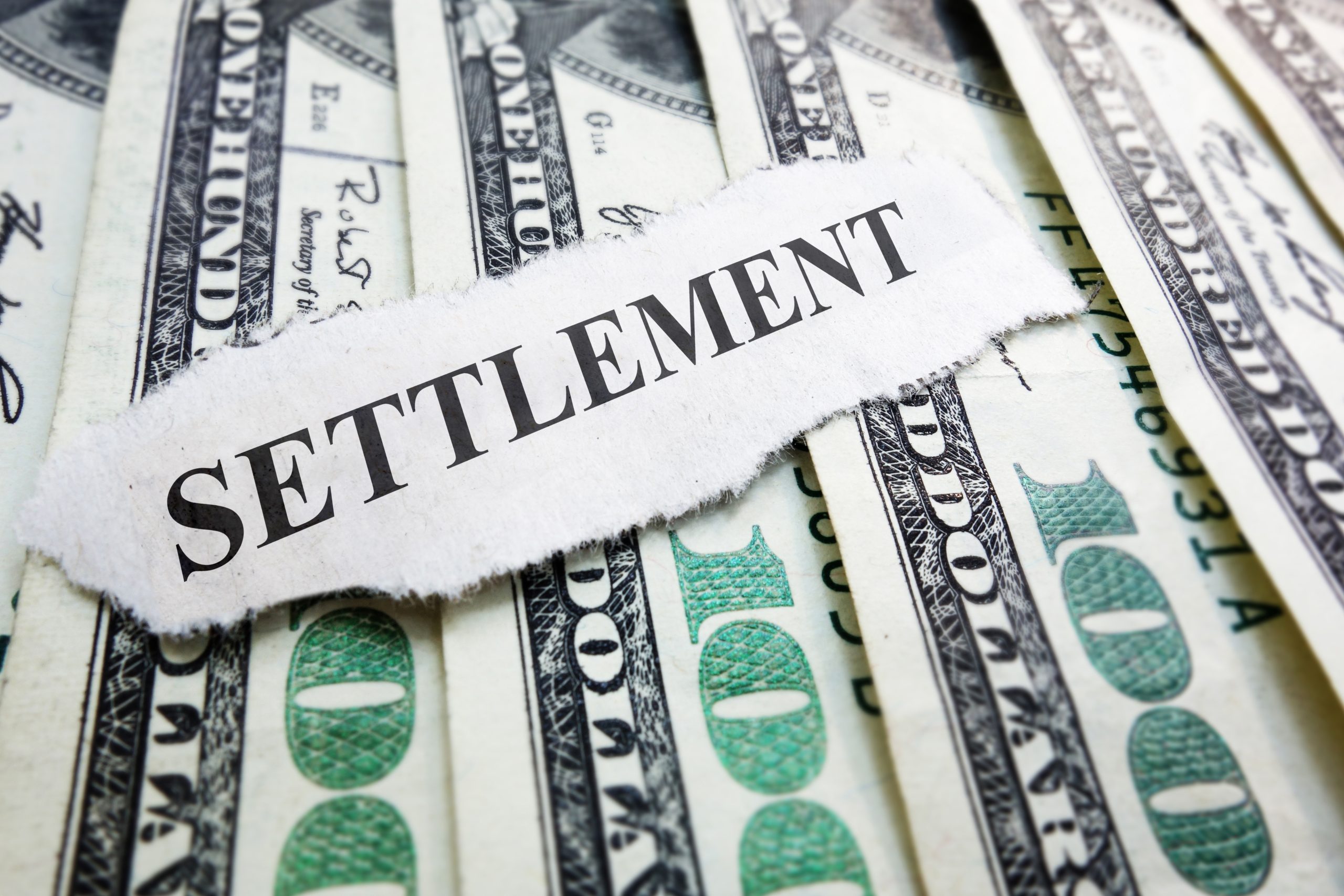Have you ever wondered how a personal injury case is valued? With over 24.8 million unintentional injuries occurring each year, millions of dollars are paid in compensation to accident victims.
Many factors come into play when personal injury cases are filed and perhaps go to trial. Settlements can be reached before a trial is necessary, which may result in a different payout number.
Here is everything you need to know about how personal injury cases are valued:
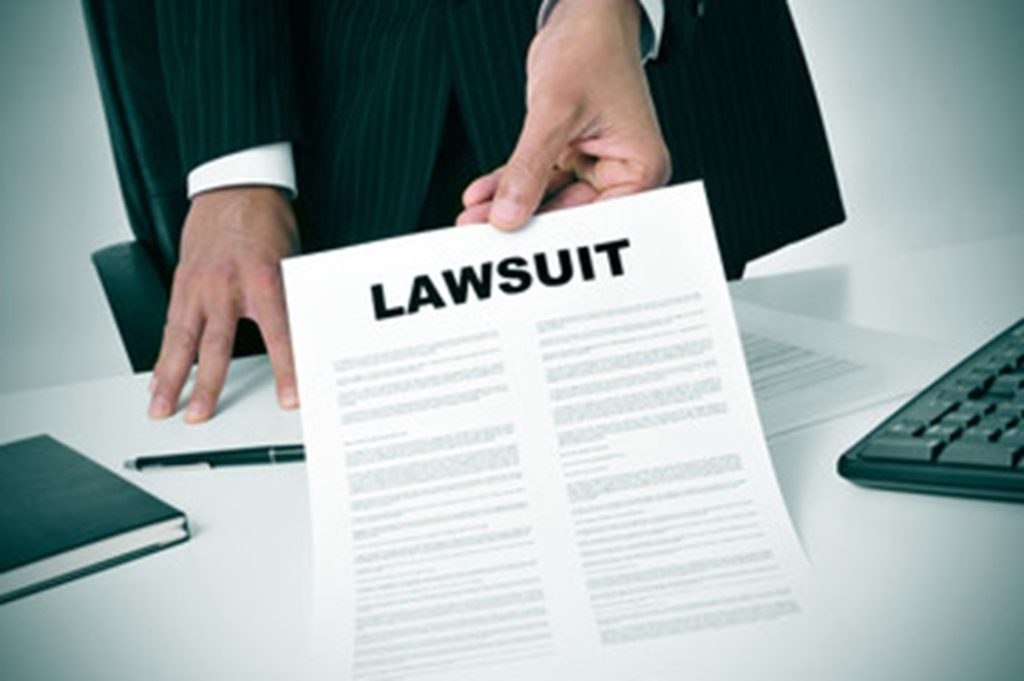
What is a Personal Injury Case?
A personal injury case is a lawsuit that is filed by the person who was injured. The injury is alleged to have occurred due to the negligence of the defendant, or defendants.
This type of case is a legal dispute whereby the plaintiff (i.e., the injured party)pursues compensation from the harms and losses suffered from the accident. The injured party can sue either the person responsible or even an entity to try and recover financial compensation.
The types of compensation that can be recovered may include, but are not limited to, the following:
- Lost wages
- Future potential loss of wages
- Medical expenses (both immediate and long-term medical expenses)
- Pain and suffering
- And more
How is a PI Case Valued?
When severe injuries occur, medical expenses can skyrocket. Pain and suffering can be lifelong as the injured party’s life can forever be changed due to the harms suffered in an accident.
Personal injury cases are all valued differently based on the damages. Here is how it works:

Damages of the case
Damages are referred to the injured party’s losses due to the accident and negligence. The majority of personal injury cases do not go to trial. Instead, they are settled outside of court.
The settlement can occur at any point after the paperwork for the lawsuit is filed. Typically, an insurance policy will cover the damages and compensation from the accident. Both parties will negotiate so a settlement can be reached. These damages will be based on the severity of the injury, the nature of the case, the available insurance coverage, and if the injury is life-long.
Average personal injury case settlement
Each legal claim is as different as each person. It is difficult to assume what the average cost of personal injury lawsuits is. However, the personal injury case value is based on:
- The details of the underlying incident
- The extent and nature of the injuries
- The injured party’s subjective post-accident experience including pain and suffering, loss of wages, and more
- The injured party’s non-injury harm which includes financial interruptions and losses
- The nature of the injury claim process including the willingness of the other party to settle and come to a resolution

Factors that increase the value of the claim
Although each case is different, certain factors can increase the value of your personal injury claim. The most important factors that increase the value of the damages include:
- The severity and seriousness of your injuries
- Whether or not you will need long-term medical assistance
- Whether or not there is insurance coverage that pays for all of the damages
- Whether or not the defendant’s liability is obvious and accepted by both parties
- Your specific credibility and how your demeanor comes across whilst revealing your personal experiences during and post-injury
Comparative negligence
Since you were injured due to the negligence of another party or entity, you may assume that the case will be cut and dry. This, however, is not always the situation. Comparative negligence will come into play which determines how much you are responsible for the incident and injuries.
If you are found even partially at fault for the accident, your damages will immediately lessen. This means that the defendant is not fully liable and responsible to pay your damages as you are linked to at least a degree of fault in this case.

Failure to mitigate damages
If you did not take the reasonable steps to mitigate the monetary damages due to the accident, you may not have a case that is valued as highly if you would have. If you do not seek the proper medical care and attention after the injury, your credibility diminishes and you would have failed to properly mitigate the damages.
The compensation may be reduced as it shows the nature of the injury may not be as severe as you are saying they are. It is wise to get seen by a medical professional directly after an injury occurs to prevent losing compensation in your future personal injury lawsuit.
Punitive damages
Damages that cover your medical expenses, loss of wages, and potential future loss of wages are considered “economic” damages.. Pain, suffering, and emotional distress due to the injury are considered “non-economic” damages. A third category of damages that may be recoverable in certain instances are “punitive” damages.
Punitive damages are not directly tethered to the accident victim’s injuries. Rather, they are intended to serve as a form of deterrent and a method for punishing the defendant for particularly egregious and reckless conduct. Many states have a cap-off amount, but punitive damages can increase your compensation considerably.
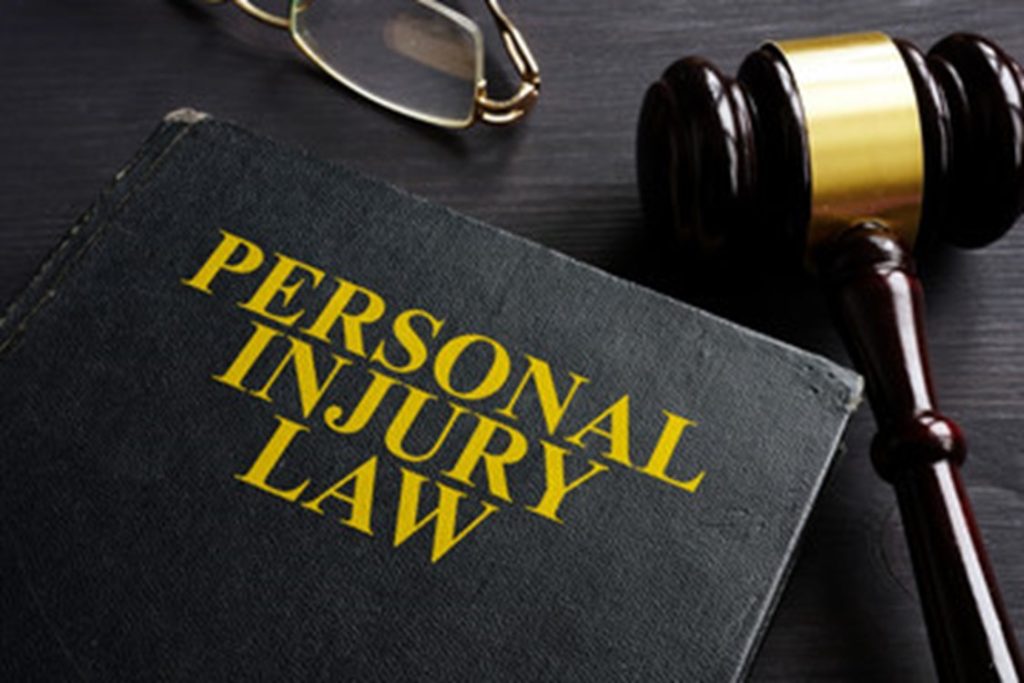
Bottom Line
The value of your personal injury claim is dependent on a variety of factors. The severity and seriousness of your injuries, the nature of your unique case, your contribution to the accident, and whether or not you need life-long care all come into play.
You may be owed even more money under punitive damages if can prove pain and suffering occurred after the accident. The value of your claim is directly dependent on all the factors of your specific case. The right personal injury attorney can help you navigate through the complexities of personal injury claims.
